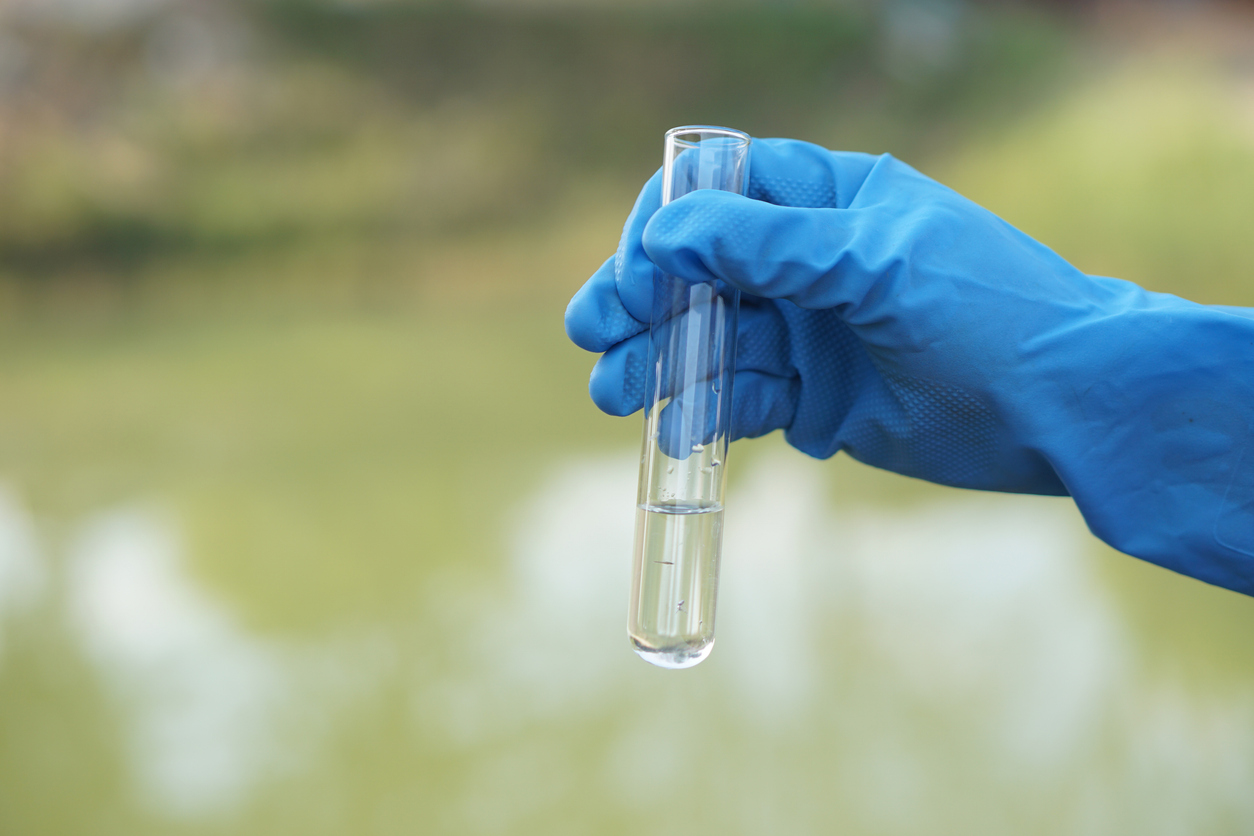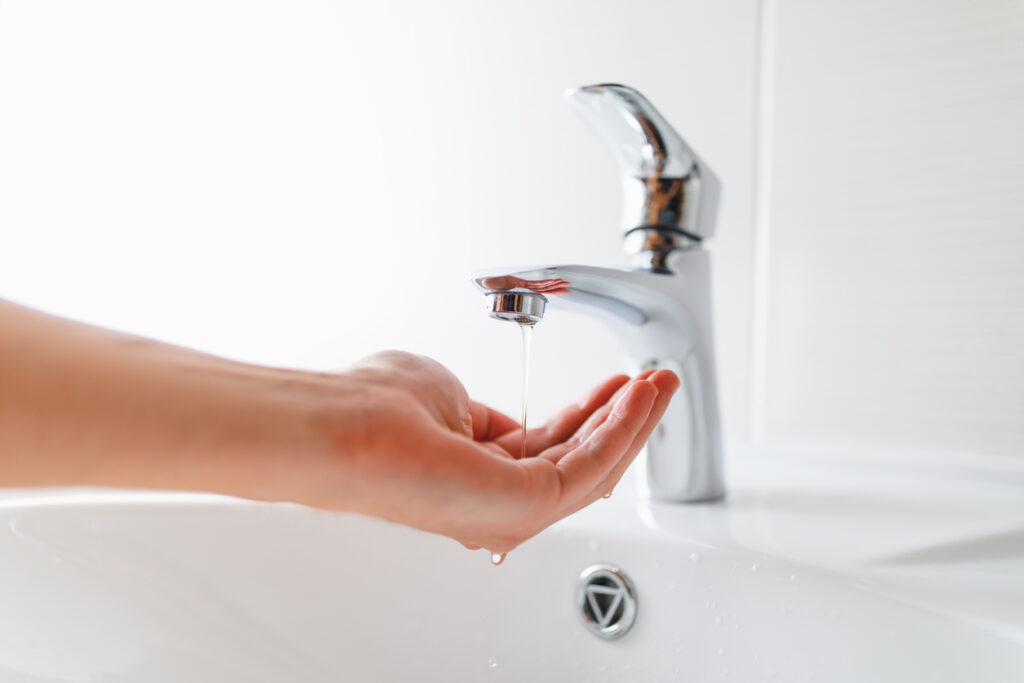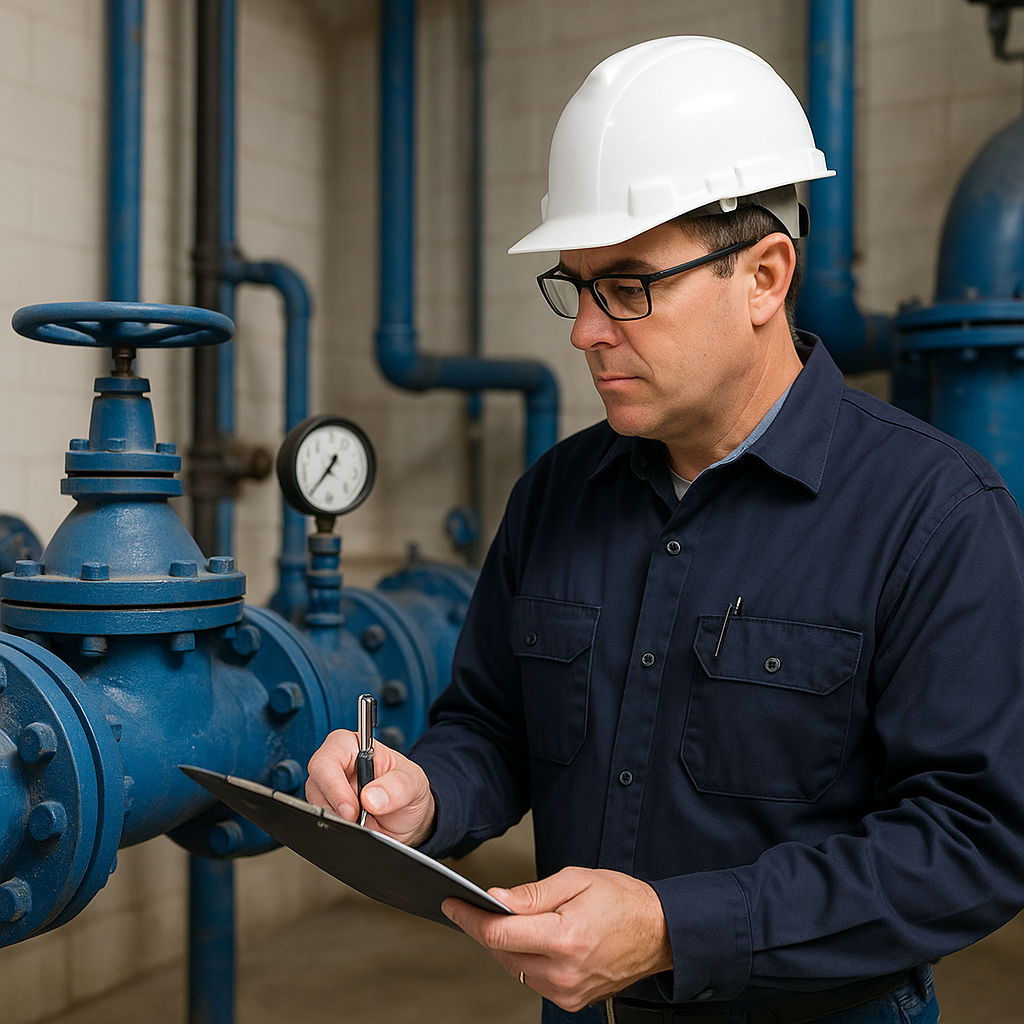How to Test Water Hardness

How to Test Water Hardness
Whether due to the use of well water or general concerns about water quality, professional water testing is the best way to ensure safe water for your use. It is also essential for determining the improvements to your water system that will meet your needs and preferences. If you are experiencing the consequences of hard water or are interested in improving multiple aspects of your water quality, you may be interested in learning about the following:
- How to test water hardness
- How to measure the hardness of water
- Solutions for hard water
Keep reading to learn more about evaluating water hardness and possible solutions to hard water concerns.
How to Test Water Hardness
In terms of how to test water hardness, some homeowners may wonder if professional testing is necessary. From seeing the common signs of hard water to performing DIY tests or using available water testing kits, residents have many ways to collect evidence regarding whether their water is soft or hard. Although the outcome of water testing by your local water specialists may result in the answer you suspect or that other tests reveal, there are other benefits to professional testing.
In addition to the most precise information about the concentration of minerals, specifically calcium and magnesium, that cause hardness, professional water testing typically reveals other essential details about your water quality. From the presence of bacteria and excess iron to pH levels, the scope of professional testing is much greater than the average home testing kit. Additionally, the water experts near you know not only how to test water hardness but also how to develop the best plan for your home in order to address this concern and any other water supply issues.
How to Measure the Hardness of Water
Measuring the hardness of water typically uses either milligrams per liter (mg/L) or grains per gallon (gpg). According to the U.S. Geological Survey, the milligrams per liter numbers fall into four different water classifications: soft, moderately hard, hard and very hard. In ranges of 60 mg/L increments, measurements of up to 60 mg/L of calcium carbonate typically point to soft water, while very hard water results in numbers exceeding 180 mg/L. These precise measurements, in addition to any other water testing findings, are vital for determining the correct water treatment plan for your home.
Importantly, either extreme on this water hardness scale can cause problems. While hard water is known for resulting in buildup that may reduce appliance efficiency and lifespan, very soft water can have a corrosive impact on pipes and equipment. In terms of bathing, showering with soft water sometimes leaves a somewhat slimy feel, but cleansing with hard water can increase dryness of the hair and skin. From considerations tied to personal preference to those involving energy efficiency, discussing the nuances of your water testing results and other water quality needs with a professional water expert is the best way to ensure the desired updates to your water system and quality.
3 Solutions for Hard Water
Based on the results of your water test, there may be several ways to address your water quality concerns. As evident in the possible solutions for hard water listed below, different options may also be used to resolve multiple water supply issues at the same time. To give you an idea of how hard water can be managed in your home, here are three common methods:
-
Try a water conditioner.
At the Aqua Pump Company, our water conditioning products not only remove hardness but also address concerns related to iron, manganese or your water’s pH level.
-
Use a water softener.
For reducing hardness and providing high-quality water, a water softener might be the right choice for your home. If you are looking for a solution to hard municipal or well water, talk to the water specialist near you about water softeners and their benefits for your home.
-
Install a reverse osmosis home filtration system.
A reverse osmosis system is one of the most comprehensive methods for addressing a range of water quality concerns. In addition to removing the minerals that cause hard water, a reverse osmosis system improves water taste and filters out other contaminants, including sediment, pesticides, PFAS, microplastics and more.
To learn more about how we test for water hardness and other quality concerns at the Aqua Pump Company, please contact our team today! For water testing, water quality solutions, well maintenance and other water system care, we provide services in Connecticut and western MA. For over 50 years, the Aqua Pump Company has worked with both commercial and residential customers. Call our skilled professionals for assistance with any of your water system needs!


